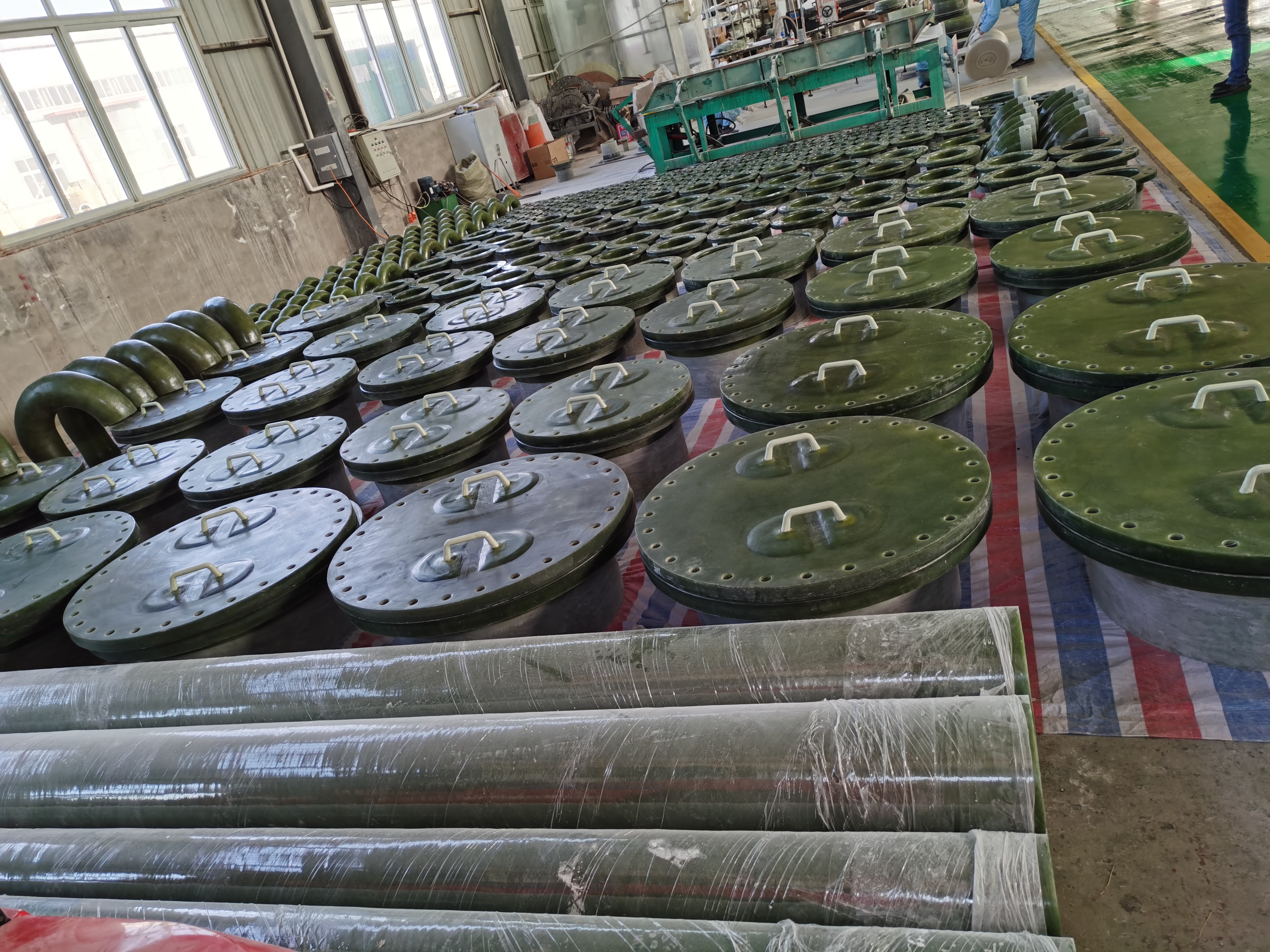
-
 Afrikaans
Afrikaans -
 Albanian
Albanian -
 Amharic
Amharic -
 Arabic
Arabic -
 Armenian
Armenian -
 Azerbaijani
Azerbaijani -
 Basque
Basque -
 Belarusian
Belarusian -
 Bengali
Bengali -
 Bosnian
Bosnian -
 Bulgarian
Bulgarian -
 Catalan
Catalan -
 Cebuano
Cebuano -
 China
China -
 China (Taiwan)
China (Taiwan) -
 Corsican
Corsican -
 Croatian
Croatian -
 Czech
Czech -
 Danish
Danish -
 Dutch
Dutch -
 English
English -
 Esperanto
Esperanto -
 Estonian
Estonian -
 Finnish
Finnish -
 French
French -
 Frisian
Frisian -
 Galician
Galician -
 Georgian
Georgian -
 German
German -
 Greek
Greek -
 Gujarati
Gujarati -
 Haitian Creole
Haitian Creole -
 hausa
hausa -
 hawaiian
hawaiian -
 Hebrew
Hebrew -
 Hindi
Hindi -
 Miao
Miao -
 Hungarian
Hungarian -
 Icelandic
Icelandic -
 igbo
igbo -
 Indonesian
Indonesian -
 irish
irish -
 Italian
Italian -
 Japanese
Japanese -
 Javanese
Javanese -
 Kannada
Kannada -
 kazakh
kazakh -
 Khmer
Khmer -
 Rwandese
Rwandese -
 Korean
Korean -
 Kurdish
Kurdish -
 Kyrgyz
Kyrgyz -
 Lao
Lao -
 Latin
Latin -
 Latvian
Latvian -
 Lithuanian
Lithuanian -
 Luxembourgish
Luxembourgish -
 Macedonian
Macedonian -
 Malgashi
Malgashi -
 Malay
Malay -
 Malayalam
Malayalam -
 Maltese
Maltese -
 Maori
Maori -
 Marathi
Marathi -
 Mongolian
Mongolian -
 Myanmar
Myanmar -
 Nepali
Nepali -
 Norwegian
Norwegian -
 Norwegian
Norwegian -
 Occitan
Occitan -
 Pashto
Pashto -
 Persian
Persian -
 Polish
Polish -
 Portuguese
Portuguese -
 Punjabi
Punjabi -
 Romanian
Romanian -
 Russian
Russian -
 Samoan
Samoan -
 Scottish Gaelic
Scottish Gaelic -
 Serbian
Serbian -
 Sesotho
Sesotho -
 Shona
Shona -
 Sindhi
Sindhi -
 Sinhala
Sinhala -
 Slovak
Slovak -
 Slovenian
Slovenian -
 Somali
Somali -
 Spanish
Spanish -
 Sundanese
Sundanese -
 Swahili
Swahili -
 Swedish
Swedish -
 Tagalog
Tagalog -
 Tajik
Tajik -
 Tamil
Tamil -
 Tatar
Tatar -
 Telugu
Telugu -
 Thai
Thai -
 Turkish
Turkish -
 Turkmen
Turkmen -
 Ukrainian
Ukrainian -
 Urdu
Urdu -
 Uighur
Uighur -
 Uzbek
Uzbek -
 Vietnamese
Vietnamese -
 Welsh
Welsh -
 Bantu
Bantu -
 Yiddish
Yiddish -
 Yoruba
Yoruba -
 Zulu
Zulu
fiberglass vessel
The Advantages of Fiberglass Vessels
In the world of boating and maritime activities, fiberglass vessels have carved out a significant niche for themselves. Renowned for their versatility, durability, and cost-effectiveness, fiberglass boats, yachts, and ships have become popular choices among recreational boaters, commercial fishermen, and marine operators alike.
One of the standout features of fiberglass vessels is their remarkable strength-to-weight ratio. Made from a combination of glass fibers and resin, they offer structural integrity while remaining lightweight. This characteristic enhances the efficiency of fuel consumption, allowing vessels to travel faster and farther. Additionally, their lighter weight enables greater maneuverability, making them an appealing option for both new and experienced boaters.
Another advantage of fiberglass vessels is their resistance to corrosion and environmental damage. Unlike traditional wooden boats that may succumb to rot and insect damage, or metal vessels that can rust over time, fiberglass is impervious to these issues. This durability extends the lifespan of the vessel and reduces maintenance costs significantly. Owners can spend less time worrying about repairs and more time enjoying their time on the water.
Fiberglass vessels also offer a high degree of customization. Manufacturers can mold fiberglass into virtually any shape or size, allowing for design flexibility that accommodates various preferences and uses. Whether it’s a small fishing boat, a luxurious yacht, or a sturdy workboat, fiberglass can be adapted to meet the specific needs of the owner. Additionally, the smooth surface finish provides an aesthetic appeal, and with the ability to paint or gel-coat fiberglass, boaters can express their individual style.
fiberglass vessel

In terms of safety, fiberglass vessels have an edge over their traditional counterparts. The materials used in fiberglass construction are non-conductive, which reduces the risk of electrical hazards aboard the vessel. Furthermore, many fiberglass boats are designed with built-in flotation, which adds an extra layer of safety in emergencies. This feature ensures that even in the unfortunate event of capsizing, the vessel will remain afloat, giving passengers and crew more time to evacuate safely.
Economically, fiberglass vessels represent a sound investment. Though the initial purchase price might be higher compared to alternatives, their longevity and reduced maintenance requirements ultimately result in lower lifetime costs. Additionally, the resale value of fiberglass vessels generally holds up well in the market, making them a wise choice for both personal and commercial use.
Despite these numerous advantages, prospective buyers should also consider some of the environmental impacts associated with fiberglass construction and disposal. The production of fiberglass can generate waste and pollution if not managed properly. Moreover, the non-biodegradable nature of fiberglass poses challenges when vessels reach the end of their life cycle. As such, the industry is exploring more sustainable materials and recycling methods to address these environmental issues.
In conclusion, fiberglass vessels have rightfully earned their place in maritime culture due to their unique combination of durability, safety, and economic benefits. Their adaptability allows for a wide range of applications, catering to diverse needs in both recreational and commercial sectors. With ongoing innovations in sustainable practices, the future of fiberglass vessels is set to be even more promising, inviting a new generation of boaters to appreciate the advantages this material offers for seafaring adventures. Whether for leisure, fishing, or work, fiberglass has proven itself as a reliable and efficient choice in the boating world.









